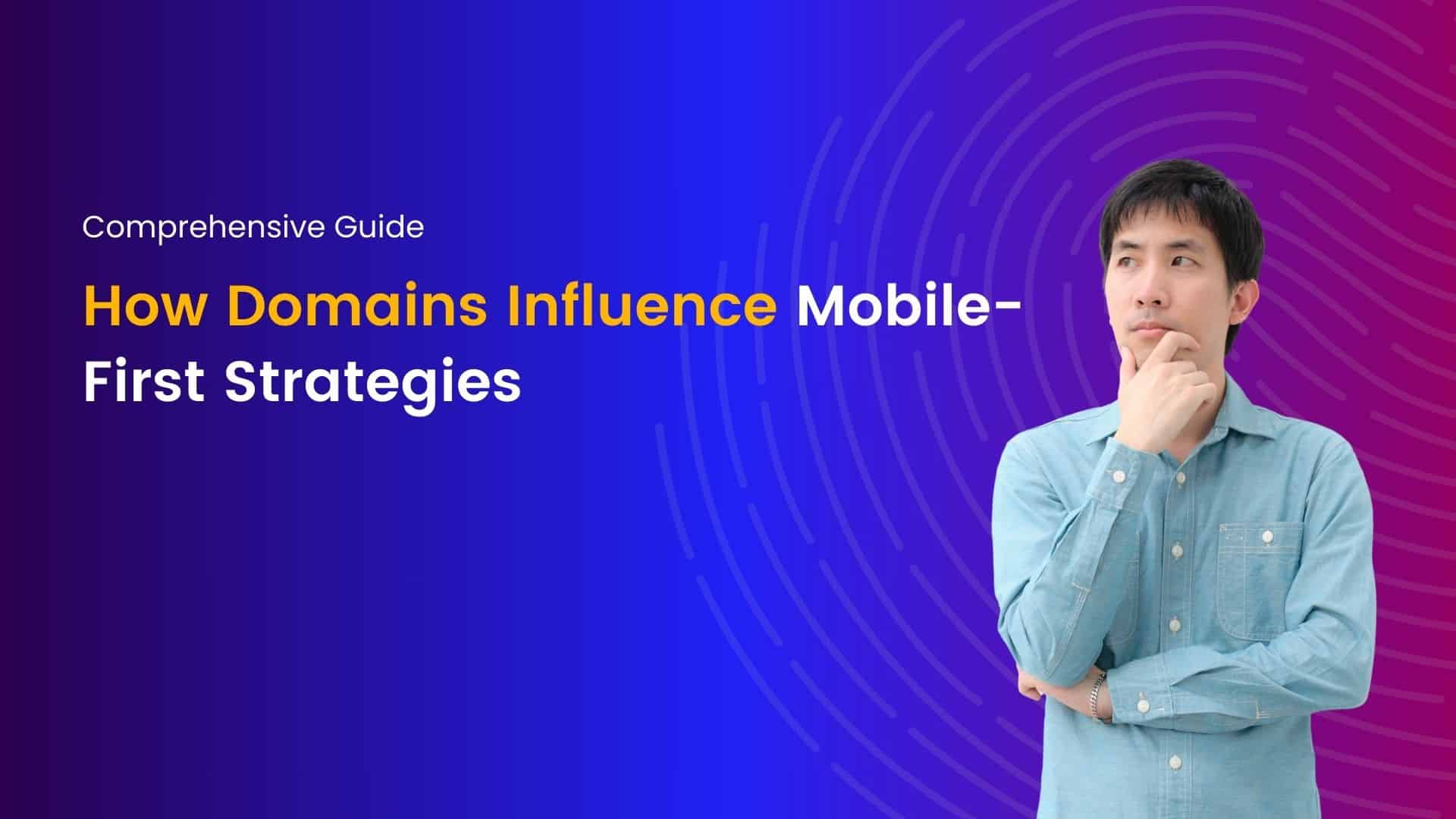Podcasting has exploded in popularity, providing a platform for storytellers, educators, and entertainers to reach global audiences. However, producing a high-quality podcast involves more than just recording and publishing episodes. From pre-production to post-production and even marketing, AI tools can significantly enhance every aspect of your podcasting journey.
how to improve your podcast using AI tools
Pre-Production
Topic Research and Scriptwriting
AI tools can assist in generating ideas and writing scripts. For instance, tools like ChatGPT can help brainstorm topics, generate outlines, and even write entire scripts based on prompts you provide. This can save hours of research and writing, allowing you to focus on content creation.
Audience Analysis
Understanding your audience is crucial. AI-driven analytics tools like Google Analytics and HubSpot can analyze listener data, providing insights into demographics, preferences, and behavior. This information can guide your content strategy, ensuring you create episodes that resonate with your audience.
Production
Audio Recording and Editing
AI-powered software like Adobe Audition and Descript can revolutionize the way you record and edit your podcasts. Descript, for example, offers transcription services that allow you to edit your audio by editing text. You can remove filler words, silence, and even unwanted sounds effortlessly.
Voice Enhancement
Tools like Auphonic use AI to optimize audio quality. Auphonic can automatically adjust levels, reduce background noise, and enhance speech clarity, making your podcast sound professional without needing advanced technical skills.
Post-Production
Transcription and Translation
Transcripts make your podcast more accessible and SEO-friendly. AI transcription services like Otter.ai and Sonix can quickly convert your audio into text. Additionally, AI translation tools can help you reach a global audience by translating transcripts into multiple languages.
Content Summarization
Creating episode summaries and show notes can be time-consuming. AI summarization tools like SMMRY and TLDR This can generate concise summaries of your podcast episodes, which you can use for show notes, blog posts, or social media updates.
Music and Sound Effects
Choosing the right music and sound effects can elevate your podcast. AI-driven platforms like Jukedeck and AIVA can generate custom music tailored to your podcast’s mood and style, ensuring a unique auditory experience for your listeners.
Marketing and Distribution
Social Media Management
Promoting your podcast on social media is essential for growth. AI tools like Buffer and Hootsuite can schedule posts, analyze engagement, and even suggest optimal posting times. Additionally, tools like Lately use AI to create social media content from your podcast episodes, saving you time and effort.
SEO Optimization
To attract more listeners, your podcast needs to be discoverable. AI-powered SEO tools like Ahrefs and SEMrush can help optimize your podcast titles, descriptions, and show notes. These tools analyze search trends and keywords, helping you create content that ranks higher in search results.
Personalized Recommendations
AI recommendation engines, such as those used by platforms like Spotify and Apple Podcasts, can help your podcast reach new listeners by suggesting it to users with similar interests. Understanding how these algorithms work and optimizing your content accordingly can increase your podcast’s visibility.
Listener Engagement
Chatbots and Virtual Assistants
Engaging with your audience is crucial for building a loyal listener base. AI chatbots and virtual assistants can automate interactions with your listeners, answering questions, providing updates, and even gathering feedback. Tools like ManyChat and Chatfuel can help create these AI-powered bots for your social media platforms or website.
Sentiment Analysis
Understanding how your audience feels about your content can provide valuable insights. AI sentiment analysis tools like MonkeyLearn and Lexalytics can analyze listener feedback, reviews, and social media comments to gauge audience sentiment. This information can guide your content strategy and improve listener satisfaction.
How AI Can Enhance Audience Engagement for Your Podcast
In an era where podcasts are proliferating rapidly, standing out and maintaining audience engagement can be challenging. Artificial Intelligence (AI) offers a suite of tools and techniques that can significantly enhance the way podcasters interact with their audience, offering personalized experiences and streamlined processes. Here’s how AI can be leveraged to boost engagement for your podcast.
Personalizing Listener Experience
Recommendation Engines: AI-driven recommendation engines can analyze listeners’ preferences and behaviors to suggest episodes that align with their interests. Platforms like Spotify and Apple Podcasts use AI algorithms to curate personalized playlists, ensuring that listeners are constantly discovering new content that resonates with them.
Dynamic Content: AI can help create dynamic content tailored to individual listeners. For instance, by analyzing a listener’s past behavior and preferences, AI can tailor episode highlights or snippets that would most likely catch their interest, encouraging deeper engagement with full episodes.
Enhancing Content Creation
Automated Transcription: AI-powered transcription tools like Otter.ai or Descript can transcribe podcast episodes quickly and accurately. Transcriptions make your content more accessible, allowing listeners to read along or search for specific parts of an episode.
Content Summarization: AI can generate summaries of your episodes, which can be used in show notes or promotional materials. These summaries can help potential listeners get a quick overview of the episode, making it easier for them to decide whether to tune in.
Voice Synthesis and Enhancement: AI tools can enhance audio quality by removing background noise, balancing audio levels, and even synthesizing voice to correct mistakes without the need for re-recording. This ensures that your podcast maintains high audio standards, which is crucial for retaining listeners.
Engaging with the Audience
Interactive Chatbots: AI chatbots can engage with your audience on social media platforms, answering questions, providing episode recommendations, and even collecting feedback. These bots can simulate a human conversation, making interactions with your brand more engaging and immediate.
Sentiment Analysis: AI-driven sentiment analysis tools can scan social media, reviews, and comments to gauge listener sentiment about your episodes. This feedback can provide valuable insights into what works and what doesn’t, helping you tailor future content to better meet your audience’s preferences.
Personalized Notifications: AI can analyze listener habits and preferences to send personalized notifications about new episodes, live streams, or special events. Personalized notifications are more likely to be opened and acted upon, ensuring that your audience stays engaged and informed.
Improving Discoverability
SEO and Keyword Optimization: AI tools can assist in optimizing your podcast’s metadata, titles, and descriptions for search engines. By identifying the most relevant keywords and phrases, AI can help improve your podcast’s ranking on search platforms, making it easier for new listeners to discover your content.
Social Media Automation: AI can automate the process of sharing your podcast on social media, optimizing post times and formats to maximize engagement. Tools like Buffer or Hootsuite use AI to analyze when your audience is most active and suggest the best times to post.
Analyzing Listener Data
Audience Insights: AI can analyze listener data to provide detailed insights into demographics, listening habits, and preferences. This data can help you understand who your audience is and what they are looking for, enabling you to create content that better meets their needs.
Predictive Analytics: AI-driven predictive analytics can forecast trends in listener behavior, helping you stay ahead of the curve. By understanding what types of content are likely to be popular in the future, you can tailor your podcast to meet emerging trends and maintain high levels of engagement.
Creating Interactive Content
Voice Assistants: Integrating your podcast with AI-driven voice assistants like Amazon Alexa or Google Assistant can provide a more interactive experience for listeners. They can ask for specific episodes, control playback, or get information about upcoming shows, making the listening experience more convenient and engaging.
Interactive Episodes: AI can help create interactive podcast episodes where listeners can make choices that influence the direction of the story or discussion. This gamification of content can significantly boost listener engagement and make the experience more immersive.
AI offers a multitude of ways to enhance audience engagement for your podcast. From personalizing the listener experience and improving content creation to engaging with the audience and analyzing data, AI can help you create a more engaging, accessible, and discoverable podcast. By leveraging these AI tools and techniques, you can ensure that your podcast stands out in a crowded market and keeps your audience coming back for more.
Ready to elevate your podcast? Discover the power of AI tools to enhance your production, quality, and reach. Start transforming your podcast today! Sign UP Hostao Today.
Conclusion
Incorporating AI tools into your podcasting process can significantly enhance the quality, efficiency, and reach of your content. From pre-production research to post-production optimization and marketing, AI offers a plethora of solutions to streamline your workflow and elevate your podcast. By leveraging these technologies, you can focus more on creating engaging content and less on the logistical challenges of podcast production. Embrace the power of AI and take your podcast to the next level.
I'm a tech-savvy writer with a Computer Science degree and web hosting background, contributing to Hostao Blogs. I simplify complex tech topics like web development and cybersecurity. Beyond writing, I'm a tech explorer passionate about digital advancements.




















